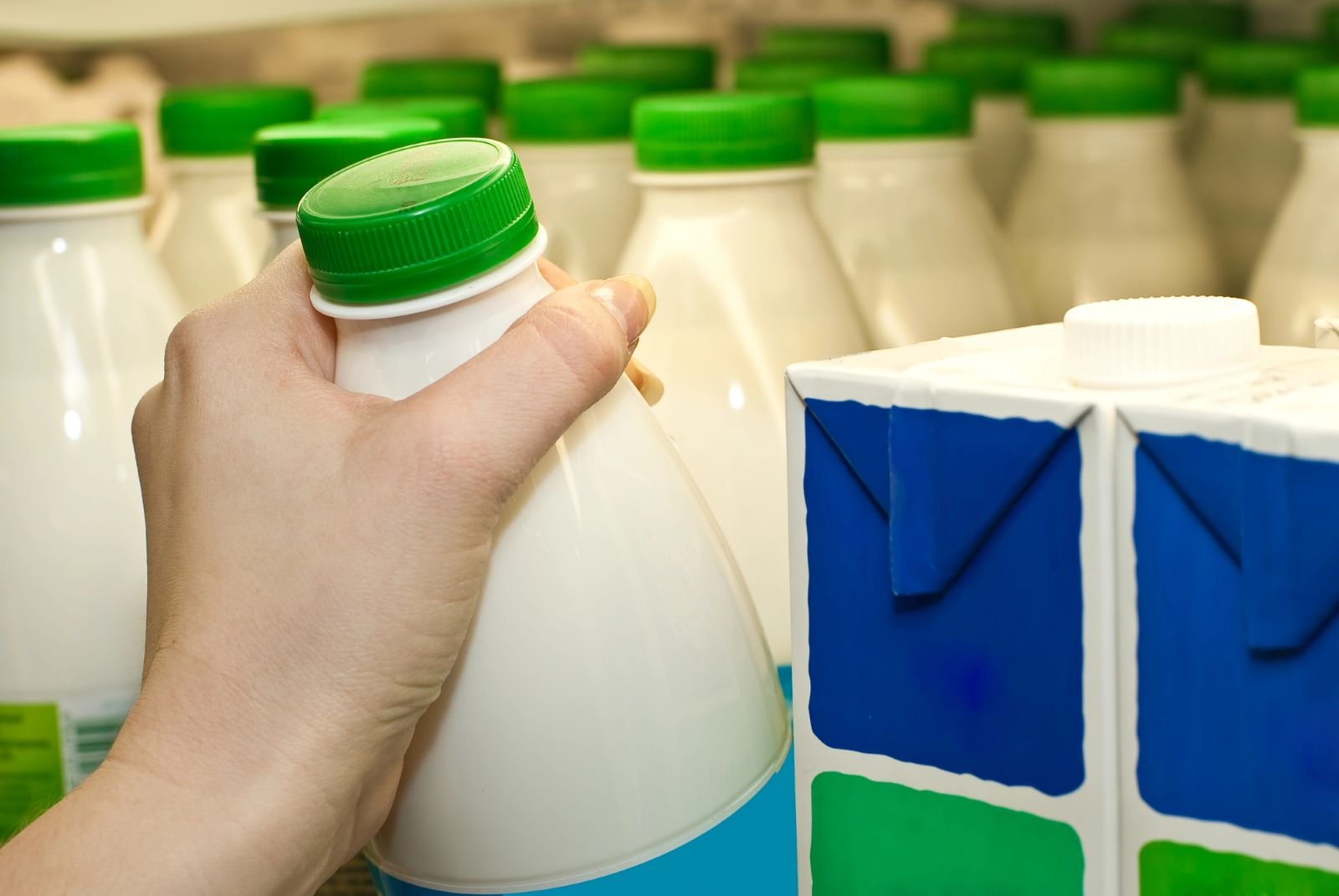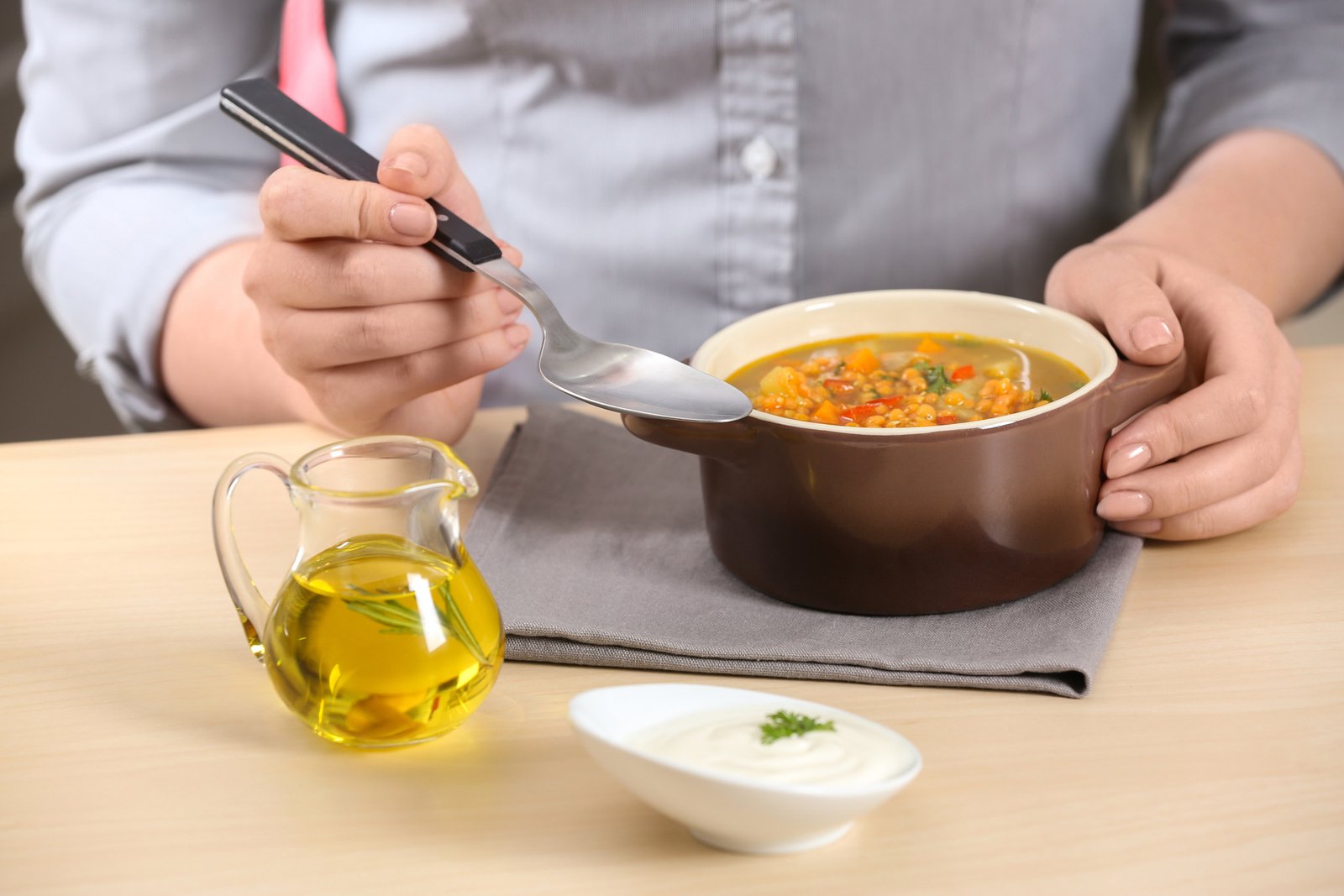Starting a fitness journey involves more than just hitting the gym or running miles. Nutrition plays a pivotal role in achieving fitness goals, whether they be weight loss, muscle gain, or overall health improvement. However, the choices you make at the grocery store can significantly impact your progress.
Sugary Drinks and Sodas

Sugary drinks, including sodas and even some fruit juices, are among the worst choices for anyone serious about fitness. These beverages are packed with added sugars that provide empty calories, leading to weight gain and spiking insulin levels.
Additionally, they offer little to no nutritional value, making them a poor choice for hydration and energy. Instead, opt for water, unsweetened teas, or natural fruit-infused waters to keep you hydrated and refreshed without the added sugar.
Processed Meats

Processed meats such as sausages, hot dogs, and deli meats are often high in saturated fats, sodium, and preservatives like nitrates and nitrites. These additives can increase the risk of cardiovascular diseases and other health issues.
Fitness enthusiasts should focus on lean protein sources like chicken breast, turkey, fish, tofu, and legumes, which provide essential nutrients for muscle repair and growth without unhealthy additives.
Sugary Cereals

Breakfast is often touted as the most important meal of the day, but starting your day with sugary cereals can set you up for failure. Many cereals marketed as healthy are loaded with sugar and refined carbs, leading to energy crashes and hunger pangs shortly after consumption.
Opt for whole-grain options like oatmeal, bran cereals, or homemade granola with nuts and seeds for a more balanced and sustaining start to your day.
White Bread and Refined Grains

White bread and refined grains have been stripped of their nutritional content, including fiber, vitamins, and minerals. These foods can cause rapid spikes and drops in blood sugar levels, leading to cravings and overeating.
Whole grains like quinoa, brown rice, whole wheat bread, and barley are better alternatives, providing sustained energy and essential nutrients that support your fitness goals.
Pre-Packaged Snacks and Sweets

Pre-packaged snacks and sweets, such as cookies, chips, and candy bars, are often high in unhealthy fats, sugars, and artificial ingredients. These snacks can derail your diet and contribute to weight gain. Fitness enthusiasts should prioritize whole, unprocessed snacks like fresh fruits, vegetables, nuts, and seeds, which offer a better nutritional profile and keep you fuller for longer.
High-Calorie Energy Bars

Energy bars are often marketed as a convenient and healthy snack for active individuals. However, many of these bars are loaded with sugars, unhealthy fats, and artificial ingredients, making them more akin to candy bars than a nutritious snack. When choosing an energy bar, look for options with minimal ingredients, low sugar content, and a good balance of protein and fiber.
Artificially Flavored and Sweetened Yogurts

Yogurt can be a great source of protein and probiotics, but many flavored and sweetened varieties are packed with added sugars and artificial ingredients. These added sugars can negate the health benefits and contribute to unwanted calorie intake. Choose plain, unsweetened yogurt and add your fresh fruits, nuts, or a drizzle of honey for natural sweetness.
Frozen Dinners and Ready Meals

Frozen dinners and ready meals are convenient but often come with a high price in terms of nutritional value. These meals are typically high in sodium, unhealthy fats, and preservatives while being low in essential nutrients. Preparing your meals with fresh ingredients allows you to control the quality and nutritional content, ensuring you get the most from your diet.
High-Fat Dairy Products

While dairy can be part of a balanced diet, high-fat dairy products like whole milk, cream, and full-fat cheeses can add unnecessary saturated fats and calories to your diet. These can hinder your fitness progress by promoting weight gain and potentially increasing cholesterol levels. Opt for low-fat or fat-free dairy options, or consider plant-based alternatives like almond milk or soy yogurt.
Canned Soups and Vegetables

Canned soups and vegetables might seem like a convenient way to add more produce to your diet, but they often come with high levels of sodium and preservatives. Excessive sodium intake can lead to water retention and elevated blood pressure, counteracting the benefits of an otherwise healthy diet. Whenever possible, choose fresh or frozen vegetables and prepare your own soups to control the ingredients and salt content.
Sauces and Condiments

Many sauces and condiments, including ketchup, mayonnaise, and salad dressings, contain hidden sugars, unhealthy fats, and artificial additives. These can add unnecessary calories and derail a healthy eating plan. Instead, make your dressings with olive oil, vinegar, and herbs, and use condiments sparingly, focusing on natural seasonings like lemon juice, spices, and fresh herbs.
Low-Fat and Diet Products

Low-fat and diet products are often perceived as healthier options, but they can be misleading. These products frequently contain added sugars, artificial sweeteners, and chemicals to enhance flavor and texture. Such additives can negatively affect metabolism and overall health. It’s better to choose whole, minimally processed foods and enjoy them in moderation rather than relying on products with potentially harmful additives.
Granola and Cereal Bars

Granola and cereal bars are often marketed as healthy snacks but can be deceptively high in sugars and low in fiber and protein. They might provide a quick energy boost but can also lead to energy crashes and increased hunger. Look for bars with whole, natural ingredients and minimal added sugars, or make your own at home to control the nutritional content.
Flavored Nut Butter

Nut butters like almond and peanut butter can be nutritious and satisfying, but flavored varieties often contain added sugars, oils, and artificial ingredients. These additions can negate the health benefits of the nuts and add unnecessary calories. Stick to natural nut butters with no added ingredients, and enjoy them in moderation as part of a balanced diet.
Ice Cream and Frozen Desserts

Ice cream and frozen desserts are typically high in sugars, unhealthy fats, and artificial additives, making them a poor choice for anyone serious about fitness. These treats can contribute to weight gain and disrupt blood sugar levels. If you crave something sweet and cold, consider making your own frozen desserts using blended frozen fruits or opting for small portions of high-quality dark chocolate.


